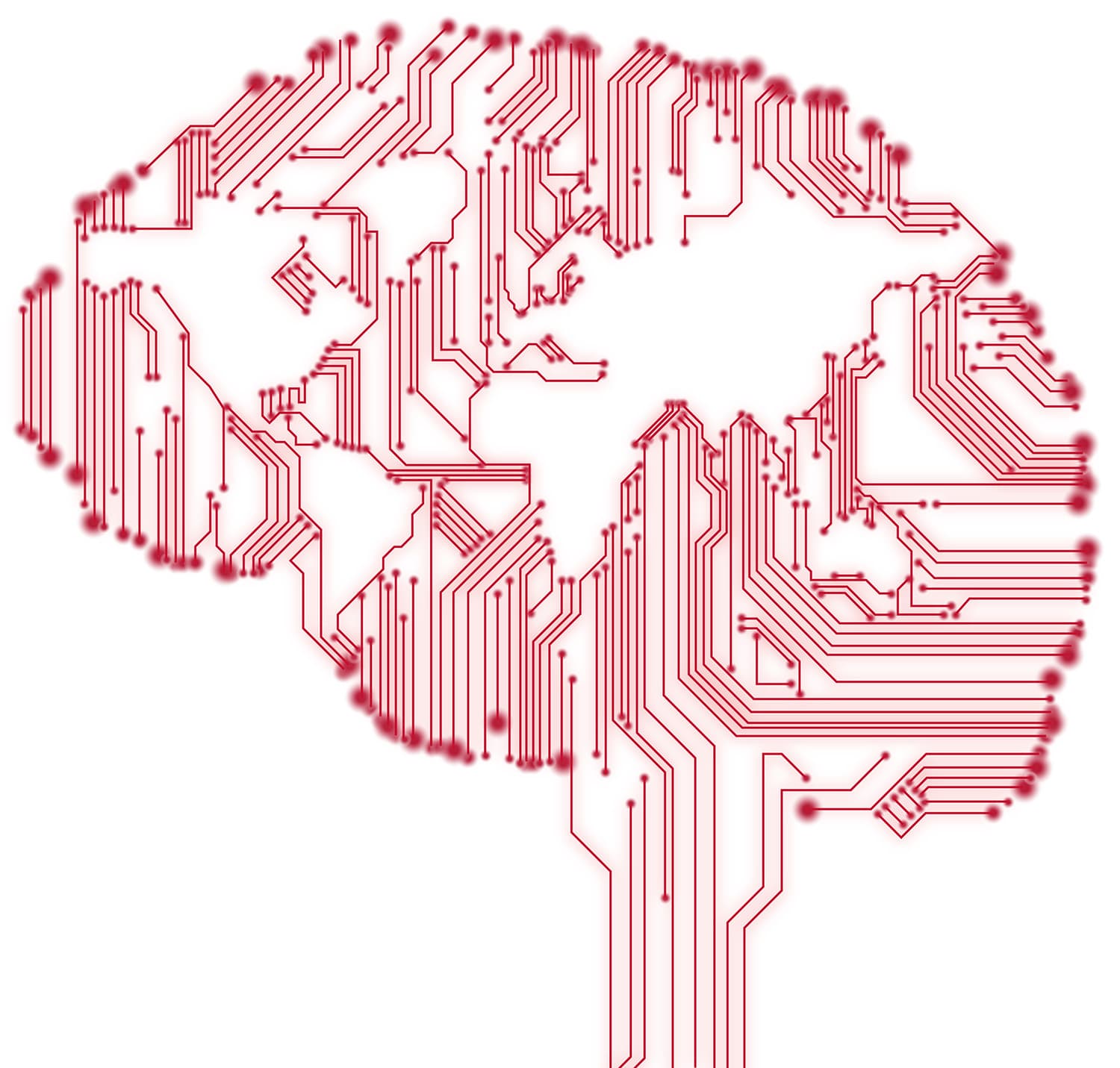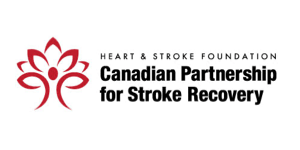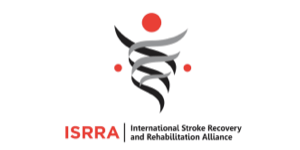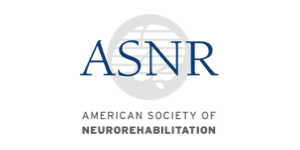Tuesday, January 24
0800 – 1740 Eastern Standard Time (EST)
Tuesday, January 24
1400 – 2340 Central European Time (CET)
Wednesday, January 25
0000 – 9840 Australian Eastern Time (AET)
Select a timezone for agenda display.
| EST Toronto |
CET Paris |
AET Sydney |
|||||
|---|---|---|---|---|---|---|---|
| 08:00 | 14:00 | 00:00 | Opening Remarks (10 min) | ||||
| 08:10 | 14:10 | 00:10 |
|
||||
| 09:25 | 15:25 | 01:25 | Break (10 min) | ||||
| 09:35 | 15:35 | 01:35 |
|
||||
| 10:50 | 16:50 | 02:50 | Break (10 min) | ||||
| 11:00 | 17:00 | 03:00 |
|
||||
| 12:00 | 18:00 | 04:00 | Break (35 min) | ||||
| 12:35 | 18:35 | 04:35 |
Biomarkers for Precision Stroke Rehabilitation (Plenary Session) (75 min)
Moderator: Lara Boyd
|
||||
| 13:50 | 19:50 | 05:50 | Break (10 min) | ||||
| 14:00 | 20:00 | 06:00 |
|
||||
| 15:15 | 21:15 | 07:15 | Break (10 min) | ||||
| 15:25 | 21:25 | 07:25 |
|
||||
| 16:40 | 22:40 | 08:40 |
International Stroke Research and Recovery Alliance (ISRRA) – Creating a world where global collaboration brings major breakthroughs for people living with stroke (Plenary Session) (60 min)
Moderator: Julie Bernhardt
|
||||
| 17:40 | 23:40 | 09:40 |
Closing Remarks
Sean Dukelow & Kate Hayward |



